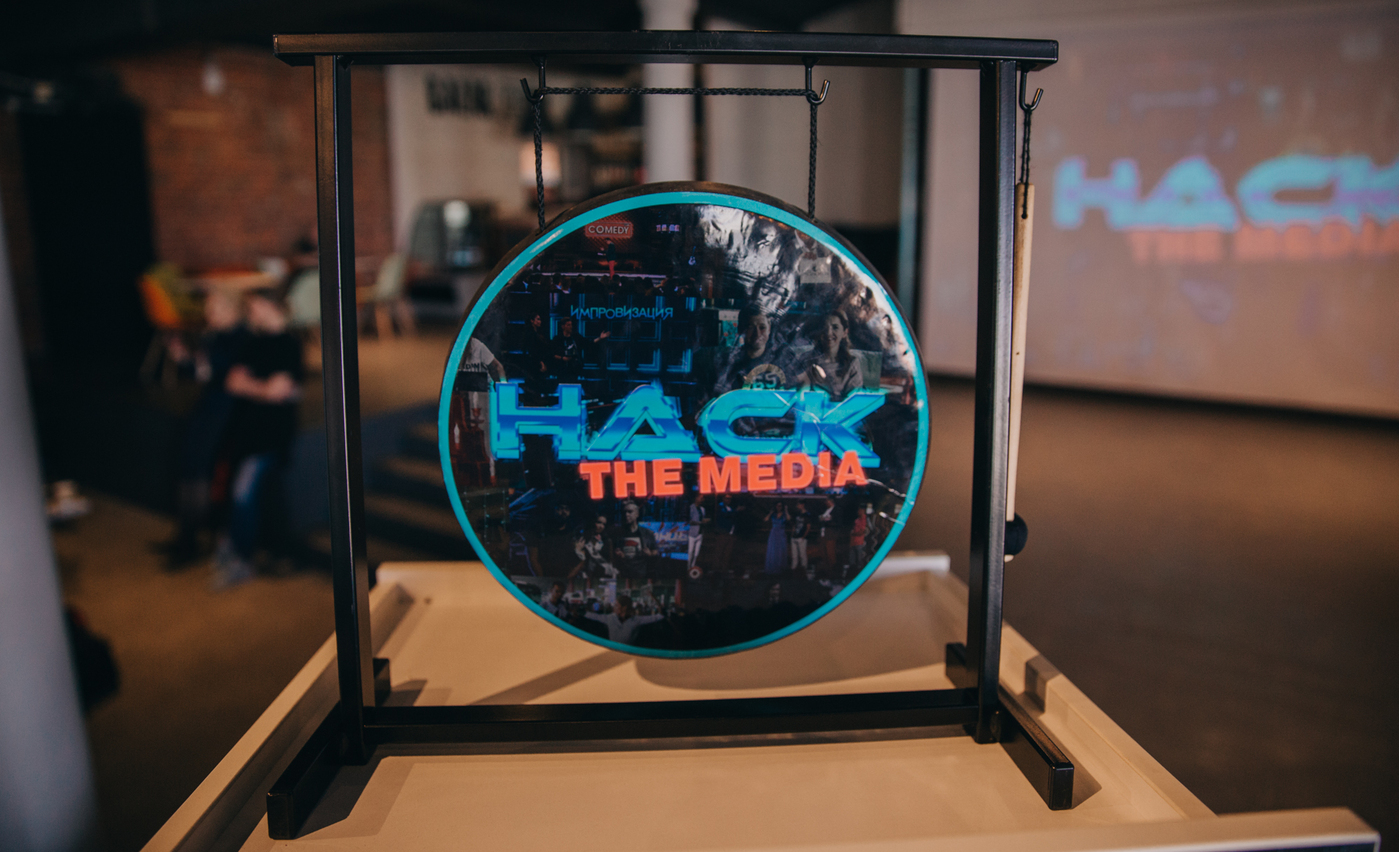Gazprom-Media Holding’s first hackathon “Hack the Media” for the processing and analysis of big data in the media was held in Moscow on April 7-8. Twenty teams from seven Russian cities, including Moscow, St. Petersburg, Nizhny Novgorod, Smolensk, Ufa, Dmitrov as well as the representatives of Innopolis in the Republic of Tatarstan took part in the event.
The aim of the 48-hour hackathon was to find new ideas and solutions in the field of digital media for the Gazprom-Media Entertainment TV segment. To complete this assignment, the teams were given impersonal data on the viewing of video content of Entertainment TV group on Rutube, data about the viewing of channel broadcasts on various OTT platforms and the Big TV Rating by Mediascope about the viewing of video content online. The task was to develop solution algorithms that would allow the holding to monetize the accumulated big data. The assignment covered five areas: new advertising technologies, integrated campaign management, auditor measurements and media trends, video stream analytics, and advisory services for content viewing.
“We are happy with the result of the hackathon and we will develop this practice and expand the scope of proposed tasks. It’s gratifying to see that there are talented teams in many Russian cities. Fresh ideas and original solutions that were offered by the participants can help to create personalized offers for users, improve advisory functions, as well as monetize collected information. We will continue our cooperation with the winners of the contest,” said Dmitry Chernyshenko, CEO of Gazprom-Media Holding.
The work of the teams was evaluated by the representatives of Gazprom-Media’s Entertainment TV group: first deputy manager Vladimir Chopov, TNT4 channel director Gavriil Gordeev, director of the investment and analytical department Galina Degtyaryova, and director of the online projects department Sergey Ivanov. The jury evaluated the work of the teams based on three criteria: the originality of the idea, how realistic the integration is and the relevance of the solutions. The prize fund totalled 600,000 rubles.
The team OilStone came in first place. This team offered a platform for automatically determining the number of video views for different audiences based on the video stream. The developers received a cash prize of 250,000 rubles.
Second place went to the team AI Psikhoanalitiki, which made recommendations about entertainment video content. Team members proposed analysing the users’ behaviour based on previously viewed content and their psychological profile, as determined through secondary data from social networks. The team received 150,000 rubles.
The team Mr. Bot finished third. This team presented a service for instantly searching for a video with specific scenes in a large volume of video files. The search is based on preliminary analysis of the video and processing of user requests. The prize for third place was 100,000 rubles.
The hackathon jury also gave a special prize of 100,000 rubles to the team Eora. Its developers presented a system of cutting video based on artificial intelligence, which makes it possible to divide content into separate blocks as well as to automatically generate names for it.

